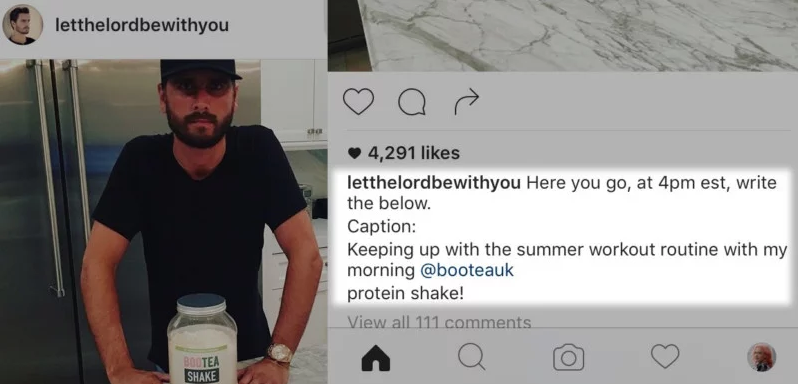Endless corporate sign offs will ruin your branded content campaign
The appeal of branded content is it places enough distance between you and your customer that if done correctly, the consumer shouldn’t even notice they’re being sold to. But when a brand tries to manipulate that content, all authenticity is lost, explains The Remarkables Group’s Natalie Giddings.
It is not uncommon to have an anxious, uneasy, borderline alarmed brand marketer ahead of a branded content campaign going live. And of course, the bigger the brand, the more the stakeholders who need to weigh-in and approve the content, before anything can go live. It’s enough to keep you awake at night.
It is a tough balance and a true art. The approach of publishers and influencers is “audience first”. Brand marketers need to report back to the business on exactly how many people were exposed to the brand. If the brand is vaguely represented, the marketer is seen to have failed. If the product is shoved down the audience’s throat, they turn away.

No one wants a campaign controlled to the point where the commands are copied and pasted into the caption, a la Scott Disick
Let’s remind ourselves what branded content is. It must take on the form and function of the other editorial or influencer’s content, so it offers the same level of value for readers or viewers. Hence the original term ‘native’.


So true..
Very true indeed. Unfortunately, many influencers struggle to deliver quality content for their brand clients and often lack professionalism in their processes. This damages trust and forces brands to take over. Look at the Scott Disick example. He couldn’t take a moment to check what he had copy and pasted before hitting ‘post’? That’s a lack of care and is pretty lazy tbh. I’ve experienced similar when asking for simple requests to be met such as ‘please make sure you tag our brand in the Instagram post’ (no request to control the message as such) and the influencer simply forgets. It’s important to spend more time upfront to ensure written agreement of processes and quality controls and how each party needs to work together. It’s a mutually beneficial relationship after all. Many influencers I’ve worked with have grown their following MORE than mine as a result of our partnership yet the digital strategy (not necessarily the creative, but the mechanics of a campaign that make it deliver actual results, clicks, signups, etc) and quality controls are left to the brand entirely to drive. This is key – as I’ve seen so many brands be duped by influencers charging ridiculous amounts for very little output. It’s also important to communicate the points where the brand needs sign off and input – bearing in mind that I agree with this article that the brand needs to let the influencer lead creatively. It has to be said though… it’s cumbersome to have to “mentor” influencers and pay them for the honour….!
I do think influencers are an important part of marketing, but you need to know how to find the worthwhile ones. Many of them come from non-marketing backgrounds or have had little business experience prior to blogging and instagramming and seriously need to pull their sh%t together if they want to keep making money. They may have built a following but brands are wising up, and soon enough the influencer-brand dynamic will change to reflect that brands expect more (skill/result) for less (money/control). More like an agency partner.